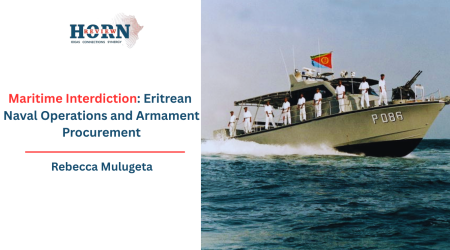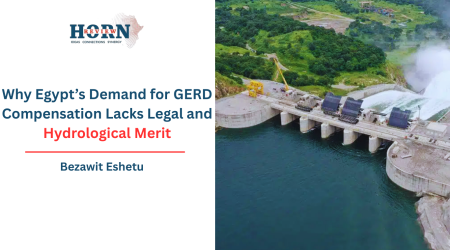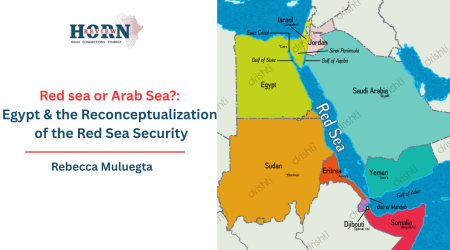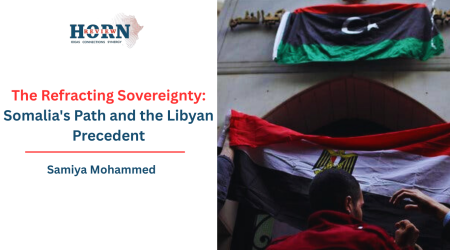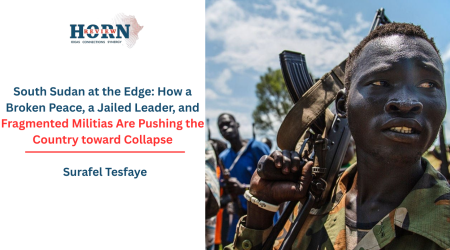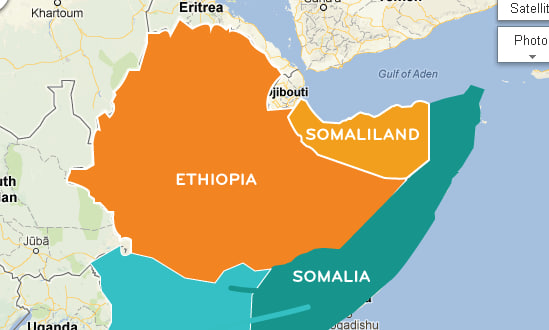
2
Oct
The Perfidious Albion: Britain’s Strategic Ambiguity In The Horn Of Africa And Somaliland’s Precarious Position
The geopolitical ballet between Hargeisa and Westminster presents a study in diplomatic dissonance, a disconnect between Britain’s admiration for Somaliland’s democratic resilience and its refusal to confer formal recognition. This transcends bureaucratic inertia, revealing a perilous strategy that risks squandering a historic partnership while empowering rival actors in one of the world’s most volatile regions. The United Kingdom’s posture simultaneously supportive and withholding creates a dangerous vacuum where Somaliland’s hard-won stability faces erosion from Mogadishu’s machinations and external opportunism.
Somaliland’s credentials for sovereignty remain unimpeachable. Emerging from the ashes of Siad Barre’s genocidal campaign against the Isaaq people, six peaceful transitions of power via credible elections, a functional legal system rooted in hybrid traditions, and religious tolerance absent across much of the region. Its 1991 reassertion of independence harks back to a tangible historical precedent its existence as the sovereign State of Somaliland recognized by 35 nations, including the UK, following dissolution from British rule in June 1960, before its ill-fated union with Italian Somalia that July. Queen Elizabeth II’s warm proclamation on that independence day extolling “a continuing and enduring friendship” hollows against decades of diplomatic neglect. This foundation of legitimacy, validated by a 2005 African Union fact-finding mission deeming Somaliland’s case “unique” and historically justified, dismantles the specious “Pandora’s box” argument often invoked against recognition.
Britain’s engagement manifests as a confounding duality. While maintaining a diplomatic office in Hargeisa, funding development initiatives, and applauding Somaliland’s governance model, the Foreign Office remains shackled to the fiction of Somali unity. Ministerial pronouncements in Parliament reiterate a rigid formula recognition is contingent on “a consultative process and dialogue” with Mogadishu an entity that explicitly seeks Somaliland’s dissolution and lacks meaningful control even within its nominal borders. This institutional paralysis manifests in alarming passivity.
When Somalia’s Federal Government orchestrated the SSC-Khatumo uprising in Las Anod a deliberate campaign to fracture Somaliland’s eastern territories Britain’s silence was deafening. The timing of Ambassador Charles King’s visit to Somaliland, coinciding precisely with Las Anod’s declaration of a pro Mogadishu administration, appeared less serendipitous than strategically ambiguous, amplifying perceptions of tacit complicity or cynical hedging.
The strategic cost of this prevarication escalates daily. Geopolitically, Somaliland occupies the pin position overlooking the Bab el-Mandeb Strait, a global maritime point witnessing Houthi led disruptions impacting vital UK trade routes. Its proven capacity to suppress piracy and combat Al-Shabaab offers against regional chaos. Economically, British firms like Genel Energy actively pursue hydrocarbons in Somaliland, while the UAE-funded expansion of Berbera Port, a project with implicit UK backing, positions it as a future Indian Ocean gateway.
Fears of triggering secessionist dominoes across Africa are neutered by the AU’s own assessment of Somaliland’s exceptional circumstances. The One Somalia principle sanctifies a phantom state mired in chronic failure that violently expelled Somaliland in 1991. Most gallingly, Prime Minister Starmer’s declared openness to recognizing Palestinian statehood by September 2025, despite governance ambiguities there, throws Somaliland’s more compelling claim into stark, hypocritical relief. This inconsistency suggests a foreign policy governed not by principle or strategic foresight, but by reactive expediency and the path of least resistance.
The accumulating peril is clear by clinging to an atavistic policy, Britain incentivizes Somaliland to seek patrons elsewhere be it Ankara, Abu Dhabi, Tel Aviv and so forth. It cedes leverage in a region where maritime security, counterterrorism, and resource competition converge. It betrays a people who sustained loyalty to Britain through two World Wars and built communities from Cardiff to London. The haunting Whitehall is not instability caused by recognition, but instability guaranteed by continued ambiguity as Mogadishu, bolstered by Western inaction, escalates its campaigns of subversion. Britain possesses a singular opportunity to honor history, reward democratic resilience, and secure a pivotal ally by formally acknowledging reality. Failure transforms enduring friendship into a monument of strategic myopia, leaving Somaliland and British interests adrift in a sea.
By Samiya Mohammed, Researcher, Horn Review
Further Reading
- British Somaliland Protectorate: Termination of Her Majesty’s Protection (1960). UK National Archives
- Renders, M. (2012). Consider Somaliland: State-Building with Traditional Leaders and Institutions
- World Bank (2023). Somalia Country Overview.
- UN Security Council (2023) Report on Somalia
- African Union (2005). Report of the Chairperson on Somaliland.

